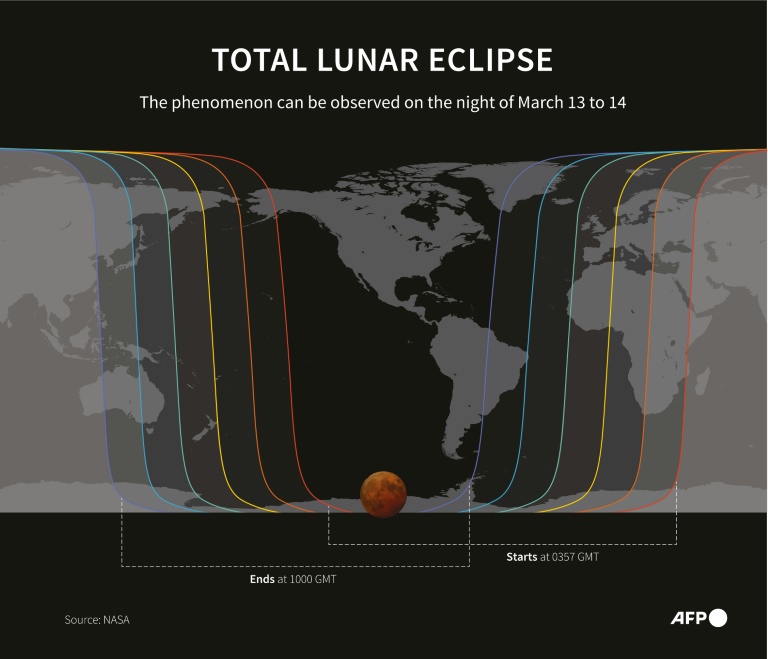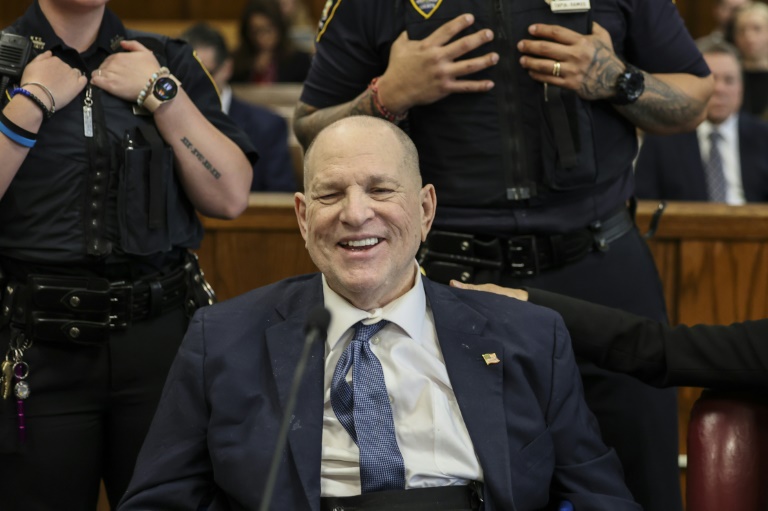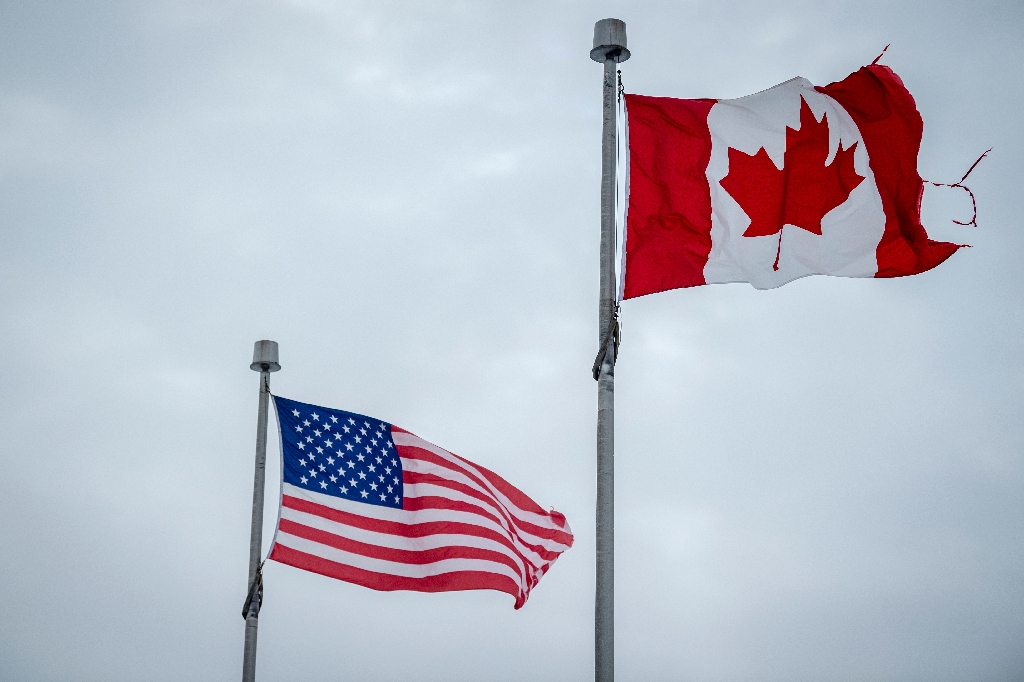New York (AFP) – Preliminary shopping data indicated that US holiday sales increased 3.1 percent compared with the year-ago period, a solid but unspectacular increase reflecting mixed sentiment on the economy.
The figures, supplied by Mastercard SpendingPulse and released Tuesday, pointed to apparel and restaurants among stronger areas of spending in the period between November 1 and December 24, while electronics and jewelry experienced declines.
The Mastercard data puts the US holiday shopping performance in line with the forecast of the National Retail Federation, which had described consumers bolstered by a strong jobs market but buffeted by a lengthy period of inflation and the effects of higher borrowing rates.
The growth in this year’s holiday sales is below 2022 holiday season sales increase of 5.3 percent and much below the 2021 figure of 14.1 percent, according to NRF data.
“This holiday season, the consumer showed up, spending in a deliberate manner,” said Michelle Meyer, chief economist at the Mastercard Economics Institute.
“The economic backdrop remains favorable with healthy job creation and easing inflation pressures, empowering consumers to seek the goods and experiences they value most.”
The Mastercard data is not adjusted for inflation, which was estimated by the US Department of Commerce at 2.6 percent for November 2023 compared with the 2022 period.
The sales growth, while “solid,” represents a “relatively modest pace of growth,” said retail analyst Neil Saunders of GlobalData.
“Once inflation is factored in there is some underlying volume growth, but it is significantly lower than the headline number suggests,” Saunders said in an email to AFP.
“That said, given the substantial uplifts in holiday sales over the past couple of years and the current pressures on consumer finances, this level of growth can be chalked up as something of a win for consumers.”










